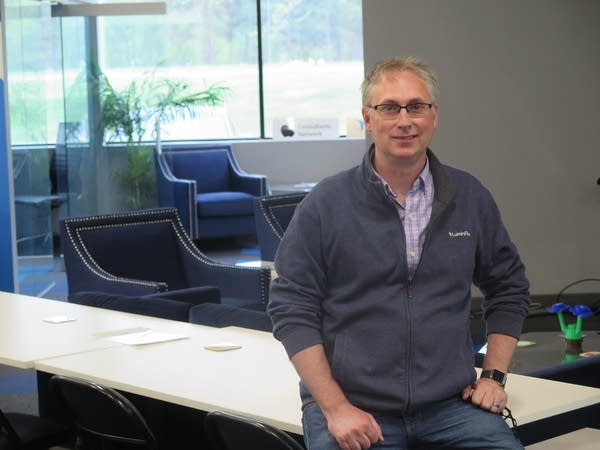Businesses seek improved indoor air quality for returning workers

Tim Cimbura’s Twin Cities software company LuminFire spent about $5,500 on a high-tech industrial-scale air filtration system.
Mark Zdechlik | MPR News
Go Deeper.
Create an account or log in to save stories.
Like this?
Thanks for liking this story! We have added it to a list of your favorite stories.


